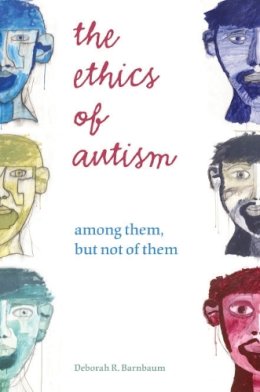
The Ethics of Autism. Among Them but Not of Them.
Deborah R. Barnbaum
Autism is one of the most compelling, controversial, and heartbreaking cognitive disorders. It presents unique philosophical challenges as well, raising intriguing questions in philosophy of mind, cognitive science, and philosophy of language that need to be explored if the autistic population is to be responsibly served. Starting from the "theory of mind" thesis that a fundamental deficit in autism is the inability to recognize that other persons have minds, Deborah R. Barnbaum considers its implications for the nature of consciousness, our understanding of the consciousness of others, meaning theories in philosophy of language, and the modality of mind. This discussion lays the groundwork for consideration of the value of an autistic life, as well as the moral theories available to persons with autism. The book also explores questions about genetic decision making, research into the nature of autism, and the controversial quest for a cure. This is a timely and wide-ranging book on a disorder that commends itself to serious ethical examination.
Product Details
About Deborah R. Barnbaum
Reviews for The Ethics of Autism. Among Them but Not of Them.
